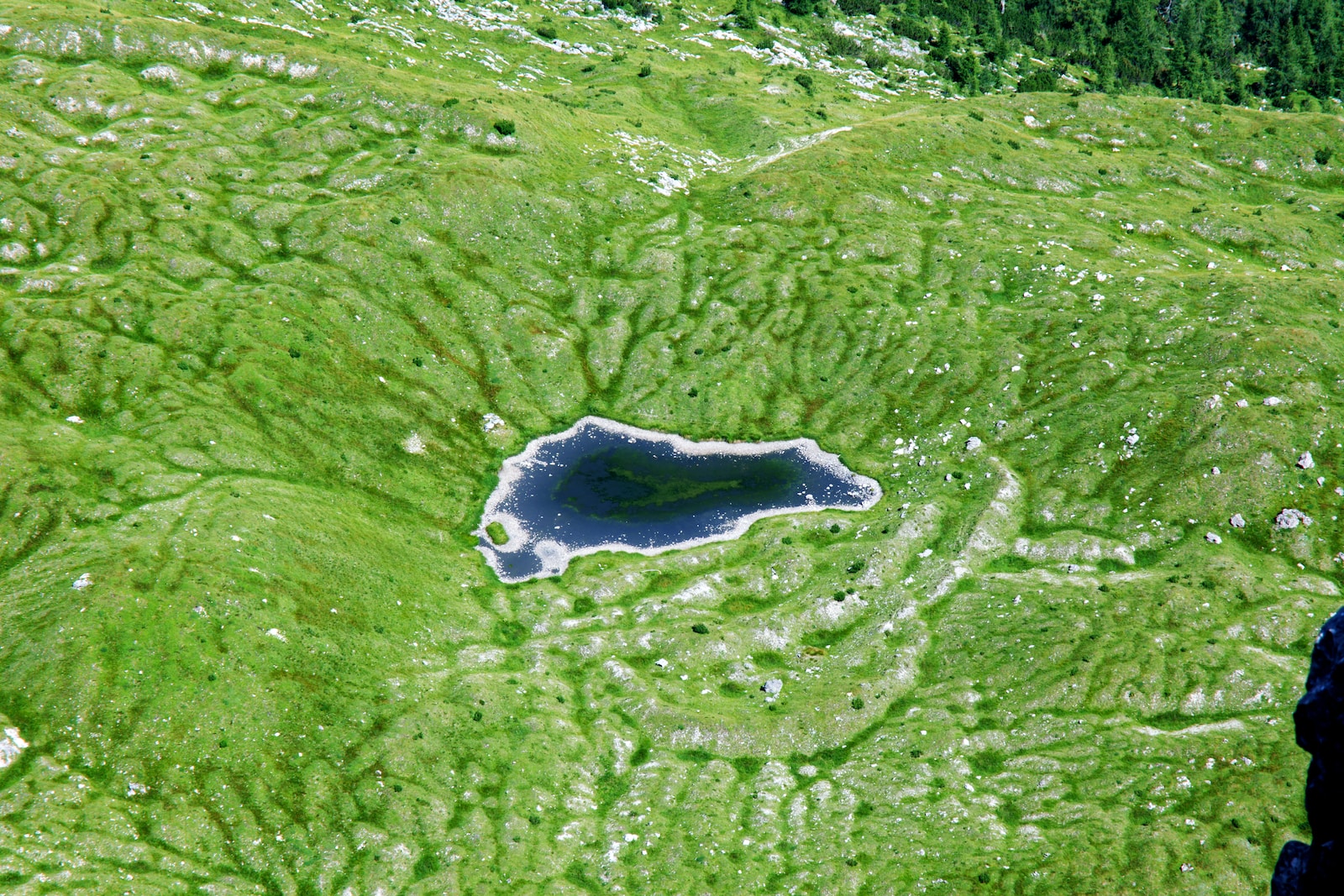Table of Contents
ToggleIntroduction
More than half of the world’s large lakes and reservoirs have been shrinking since the early 1990s, according to a recent study published in the journal Science. The study, conducted by a team of international researchers, highlights the adverse effects of climate change on water resources that are critical for agriculture, hydropower, and human consumption. Here are some key takeaways from the study:
Climate change is the main driver of shrinking lakes
The study found that 56% of the decline in natural lakes was due to climate warming and human consumption, with warming accounting for the larger share of the two. Climate scientists predict that the world’s arid areas will become drier under climate change, and wet areas will get wetter, but the study found significant water loss even in humid regions.
Human activities are also contributing to lake shrinkage
Unsustainable human use, changes in rainfall and runoff, sedimentation, and rising temperatures have also driven lake levels down globally, with 53% of lakes showing a decline from 1992 to 2020. The researchers assessed almost 2,000 large lakes using satellite measurements combined with climate and hydrological models.
Water shortages are affecting billions of people
Nearly 2 billion people around the world live in a drying lake basin and are directly affected by the decline in water resources. Many regions have already faced water shortages in recent years, and the situation is expected to worsen as climate change continues to exacerbate the problem.
Some lakes are actually rising, but not for good reasons
While water levels rose in a quarter of the lakes, this was often due to dam construction in remote areas, such as the Inner Tibetan Plateau, rather than a sign of positive ecological change. The study found that unsustainable human use dried up lakes, such as the Aral Sea in Central Asia and the Dead Sea in the Middle East, while lakes in Afghanistan, Egypt, and Mongolia were hit by rising temperatures, which can increase water loss to the atmosphere.
Preventing global warming is crucial
Scientists and campaigners have long said that it is necessary to prevent global warming from exceeding 1.5 degrees Celsius (2.7 degrees Fahrenheit) to avoid the most catastrophic consequences of climate change. The world is currently warming at a rate of around 1.1C (1.9F), and the study highlights the urgent need for action to reduce greenhouse gas emissions and mitigate the impacts of climate change on freshwater resources.
Conclusion
The study’s findings underscore the importance of preserving and managing the world’s freshwater resources in the face of climate change. As water scarcity becomes an increasingly pressing issue in many parts of the world, it is crucial for governments, businesses, and individuals to take action to reduce water consumption, promote sustainable water use, and invest in water management and conservation efforts. By working together, we can help protect our planet’s precious water resources and ensure that future generations have access to clean and abundant water.







